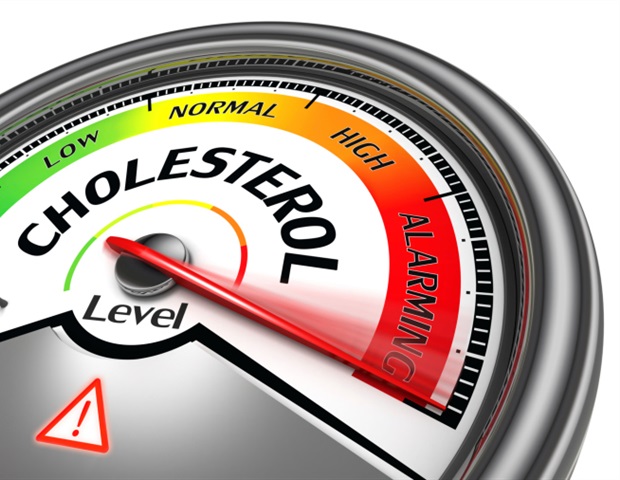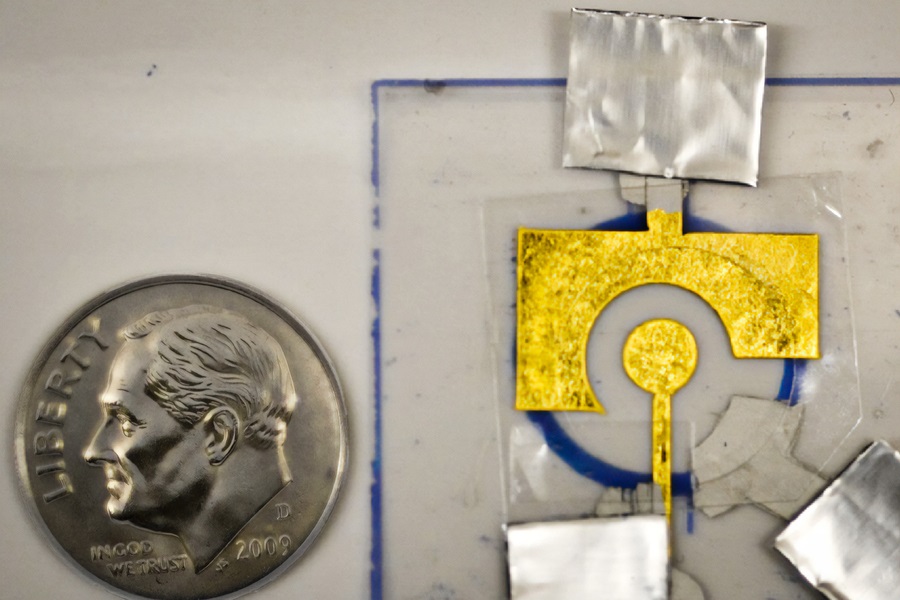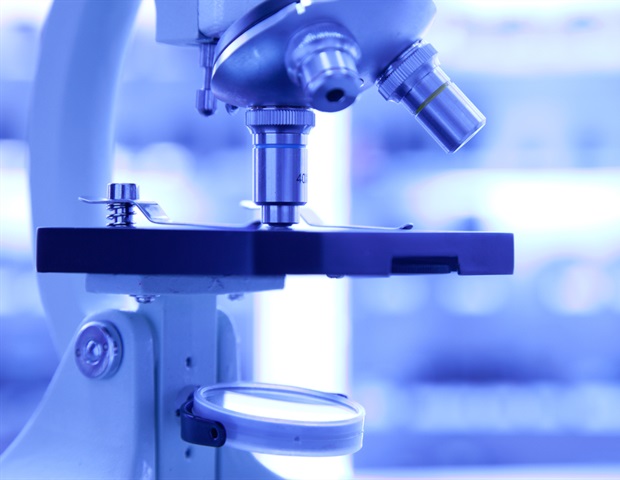Diagnoses for serious diseases can sometimes come at a high cost, causing health issues to only be discovered when they are too late to be...
Vous n'êtes pas connecté
Rubriques :
 - THECEKODOK.COM - A La Une - 07/Jul 10:38
- THECEKODOK.COM - A La Une - 07/Jul 10:38
MIT Researchers Create Disease Scanner That Can Detect Cancer Cells
Diagnoses for serious diseases can sometimes come at a high cost, causing health issues to only be discovered when they are too late to be cured.Recently, a team of researchers from the Massachusetts Institute of Technology has created a disease scanner component that can currently detect cancer cells. The cell scanner component is seen to come in the size of a coin and can track diseased cells, and can be stored in a room temperature location for two months.The technology uses a DNA-coated electrode and a CRISPR-based enzyme, Cas12. When a target gene from a virus or cancer cell is found, the enzyme activates and begins cutting the DNA on the electrode. This action creates a distinct electrical signal, confirming a positive result. The main challenge in building the scanner is the fragility of the DNA coating, which previously limited the scanner's lifespan to just a few days.Professor Ariel Furst, who led the research group, solved this problem by using polyvinyl alcohol (PVA) to coat the DNA, allowing it to be stored at temperatures as high as 65.56 Celsius. It was also tested after two months of storage at room temperature, and still managed to accurately detect cancer cells.This disease cell scanner is seen to allow anyone to scan for diseases quickly, easily and cheaply, and can start the medical phase as soon as possible.
Articles similaires
AI Tool Identifies Disease-Driving Promoter Mutations
Each cell in the body is like a miniscule bowl of genetic soup, holding RNA from thousands of genes. But unlike an actual bowl of soup, which can...
AI Tool Identifies Disease-Driving Promoter Mutations
Each cell in the body is like a miniscule bowl of genetic soup, holding RNA from thousands of genes. But unlike an actual bowl of soup, which can...
New enzyme can be "turned off" to restore cholesterol balance and reduce inflammation
Scientists at The University of Texas at Arlington have identified a new enzyme that can be "turned off" to help the body maintain healthy cholesterol...
Sickle cell disease is a genetic disorder that causes lifelong suffering – here’s what you ...
Cristina Pina, Brunel University of London and Victor Hernandez-Hernandez, Brunel University of London Right now, approximately 20 billion red blood...
Sickle cell disease is a genetic disorder that causes lifelong suffering – here’s what you ...
Cristina Pina, Brunel University of London and Victor Hernandez-Hernandez, Brunel University of London Right now, approximately 20 billion red blood...
MIT creates low-cost DNA sensors for easy, at-home disease testing
MIT engineers have developed a new kind of low-cost, easy-to-use sensor that could bring fast and affordable disease testing to people around the...
NAD+ supplementation could be a potential treatment for accelerated aging diseases
Can research into a rare, accelerated aging disease and "zombie cells" teach us something about the normal aging process?
Precursors to bone marrow cancer can stop themselves
Why do some patients with precursors to bone marrow cancer never develop the disease? Researchers from the Department of Forensic Medicine at Aarhus...
How everyday foods may help kill cancer cells
In recent years, scientists have been paying close attention to the power of food—not just to keep us healthy, but also to fight serious diseases...
Les derniers communiqués
-
Tourism Malaysia celebrates the official launch of Cambodia Airways
Cambodia Airways - 07/07/2025





